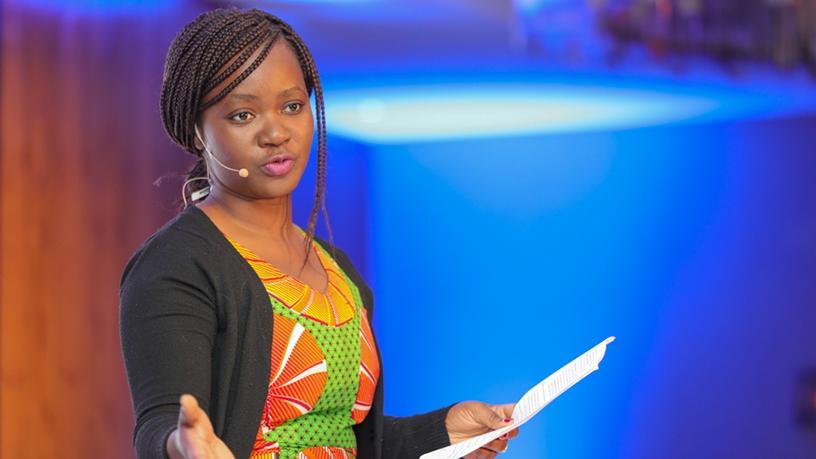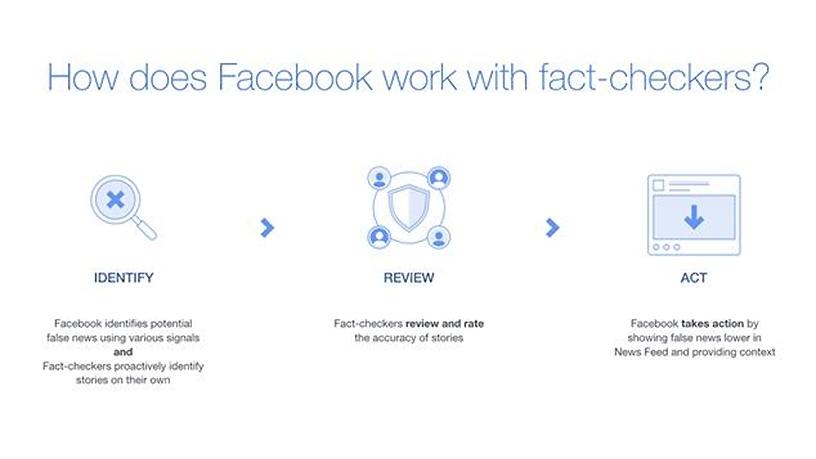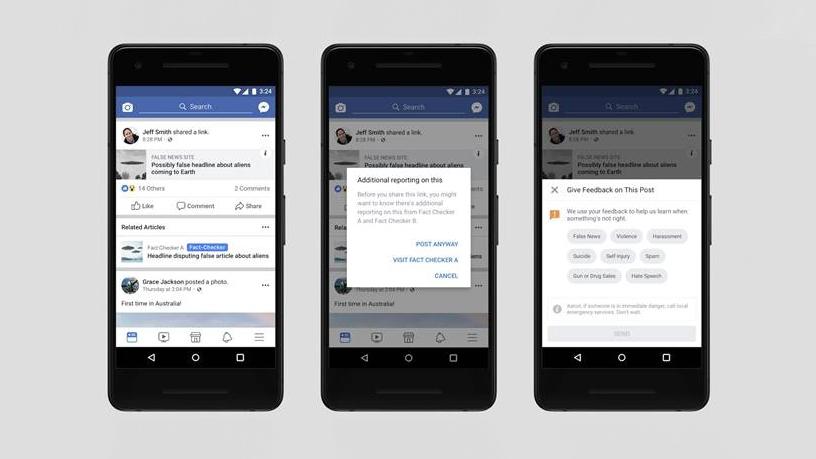
False news has become a serious issue in recent years, with misleading content posted on social media allegedly influencing political elections and swaying public opinions.
Late last year, Facebook introduced a third-party fact-checking programme to try and combat this problem in a few key markets. The programme has rapidly expanded this year and from this week will be available in South Africa and Kenya through partnerships with Africa Check and AFP.
In a press briefing in Johannesburg this morning, Facebook said the programme will help assess the accuracy of news in South Africa and reduce the spread of misinformation, while improving the quality of news people find on its platform.
Emilar Gandhi, public policy manager for SADC Facebook, says: "We are not arbiters of truth and we don't want to be. We want to give that job to the experts in that field and then give our community the power to make an informed decision on what content they want to read."
Africa Check and AFP will reactively and proactively assess potential false content. Pieces of content can be flagged by users, as well as the companies looking out for false news themselves. Related articles, written by Africa Check or AFP, may also appear under the false piece of content detailing the reasoning behind the decision.
Once content has been highlighted as fake, it will appear much lower in users' news feeds with a note giving context from Africa Check or AFP to why this content may be false so that the user can still choose to read it or not.

Both Africa Check and AFP have been independently verified and are part of a global network of fact-checking organisations, certified by the non-partisan International Fact-Checking Network.
Page Admins and people on Facebook will also receive notifications if they try to share a story or have shared one in the past that's been determined to be false.
"We're committed to South Africa, and take our responsibility seriously in tackling the spread of false news, and helping to improve the quality of information people find on our platform. Once a fact-checker rates a piece of content as false, we're able to reduce its future views by an average of 80%, helping to curb economic incentives and reduce its spread," says Gandhi.

Commenting on the partnership, Anim van Wyk, chief editor of Africa Check says: "Until now, Africa Check has had to play catch-up with misinformation that harms that is shared on social media. Partnering with Facebook enables us to limit its spread very early on a key platform. It's a huge and exciting step forward for us".
AFP global news director Mich`ele L'eridon, says: "We are delighted with this new contract with Facebook in South Africa and Kenya alongside Africa Check, which is renowned for its fact checking work in Africa. The different initiatives set up by AFP in the fight against disinformation testify to the Agency's expertise and credibility in the verification of information at a time when false news is proliferating."
Share